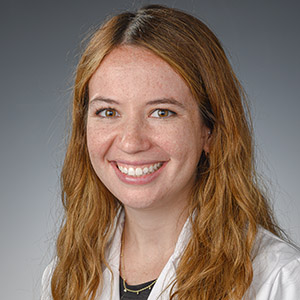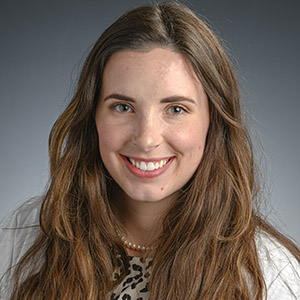Congratulations on your decision to pursue pathology as a career, and thank you for considering the Pathology Residency Program at Duke University Medical Center!
Our program provides a collegial and supportive learning environment that fosters each resident’s development. The anatomic and clinical pathology training program includes daily teaching conferences; one-on-one sign-out sessions with faculty; abundant research opportunities; and time for electives so that residents can pursue their individual interests. Our residents have a comfortable work environment with microscopes, laptop computers, and individual desks located on the edge of Duke’s picturesque undergraduate campus. Our trainees are provided with educational and travel funds, extensive study materials, and an administration team who is open to feedback and continuous improvement.
Duke University Medical Center is a regional and international tertiary care hospital that provides pathology laboratory services to a wide variety of patients. Our anatomic and clinical pathology cases range from common entities to rare diagnoses. Duke provides the opportunity to work and learn at the intersection of patient care, interdisciplinary diagnostics and translational research.
As a resident at Duke, you will be well-supported. Pathologists’ assistants teach the residents the technical aspects of grossing surgical specimens and how to perform autopsies. The high level of PA support at Duke enables residents to spend time previewing slides and grossing complex specimens. Cytotechnologists participate in the busy fine needle aspiration service and teach residents to perform rapid onsite evaluations of cytologic specimens. Numerous staff assistants provide administrative support, case organization, and scheduling for the multiple divisions within the department. The high level of support at Duke means that you are provided the best possible environment in which to thrive during your residency.
Many residents are active members and leaders in local, national, and international scientific organizations, like the North Carolina Society of Pathologists, the United States and Canadian Academy of Pathology, the College of American Pathologists and the American Society of Clinical Pathologists. Within the hospital, we are involved in the Residency Council and the Patient Safety Quality Committee, and our residents participate in consensus conferences. We play an active role in medical student education by teaching alongside our attendings in the Duke School of Medicine first-year Pathology course each spring and throughout medical student Pathology electives. Additionally, senior residents teach PGY1 residents in our “Introduction to Histology” course, as well as in the gross room and at the microscope throughout the first few months of residency. Numerous well-being events and activities throughout the year foster camaraderie among residents.
The main goal of our Residency Program is to provide our residents with the support and skills necessary to pursue a career in academia, private practice, research, or industry. Please peruse our website for more information and email us with any questions you may have. We look forward to hearing from you.
All the best,
Abbey Hitt, MD MEng, Texas A&M Health Science Center College of Medicine, and Megan Burnett Tarasiewicz, MD, Creighton University School of Medicine
Chief Residents, Department of Pathology
Duke University Medical Center

Abbey Hitt, MD MEng
Co-Chief Resident in Pathology
Texas A&M Health Science Center College of Medicine
Email

Megan Burnett Tarasiewicz, MD
Co-Chief Resident in Pathology
Creighton University School of Medicine
Email